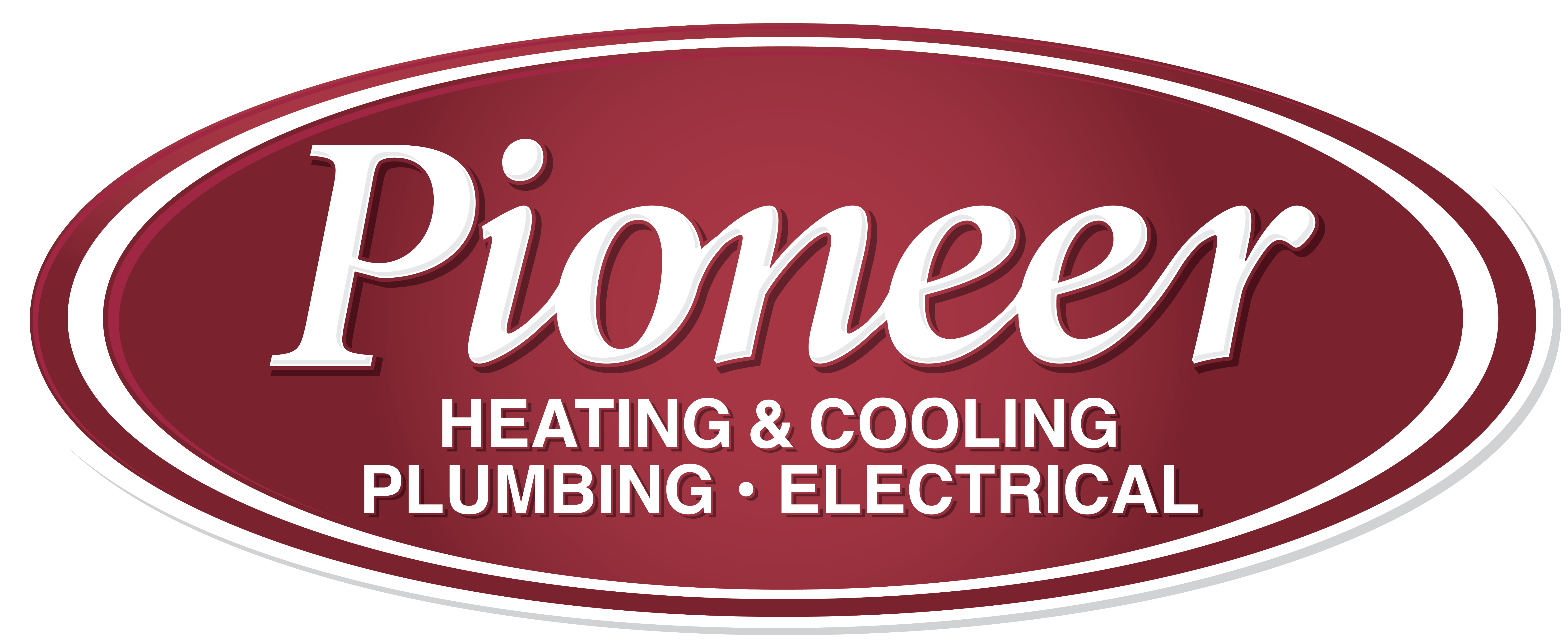Having your residential heat and air units inspected in the spring and fall might not seem like the most important thing in the world, but there’s a reason licensed AC technicians recommend HVAC inspections twice a year. Whether you realize it or not, your HVAC systems might not be functioning the way they’re supposed to, which can lead to health hazards in your home.
Here are a few of the health issues you might run into if you’re not attentive to your residential heat and air units‘ maintenance.
Poor Air Quality Indoors
Part of annual HVAC maintenance requires changing your air filters every month or so. And your indoor air quality relies on your AC unit’s ability to filter out harmful substances from the air passing through it. If the filters are dirty and clogged, you’re going to notice bad smells, poor air flow, and even more dust and dirt in your home. It’s especially bad if you suffer from allergies, as a dirty air filter could make them worse.
Mold Growth
It’s no secret that mold is not something you want in your home. Even to those who don’t have respiratory issues, mold can be a harmful substance. When you don’t have a reliable air conditioning company coming to inspect your HVAC unit at least twice a year, you increase the potential for unchecked leaks and increased contaminant levels. If you notice any mold in or around your AC unit, make sure to call your air conditioning company immediately for an inspection. Mold issues should be dealt with as soon as possible after they’re spotted.
Potential for Ventilation Fires
In extreme cases of clogged filters and ducts, you could have a serious fire on your hands. A dirty air filter is already a fire hazard, but if it becomes so clogged that it gets sucked into the system, it’s essentially just a ticking time bomb. You might not need an AC technician to change your air filter, but you do need to make sure it’s checked regularly. Twice-yearly inspections can reduce soot buildup, help increase airflow, and prevent all of these hazards from ever happening in the first place.
